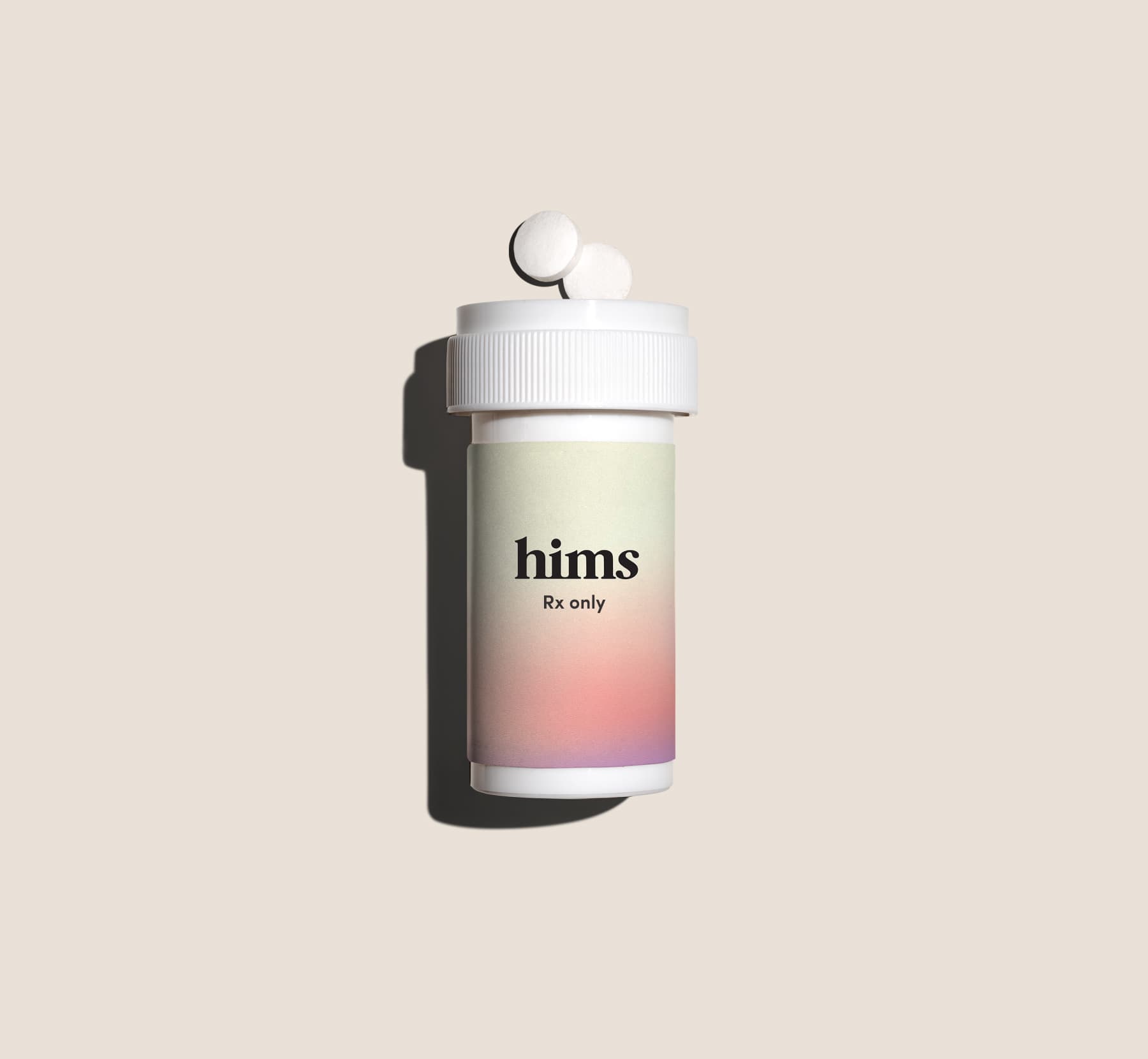FDA approved
Generic for Wellbutrin XL®Bupropion XL
Starting at $49/mo
Getting psychiatric care for anxiety and depression has never been simpler. Consult with a licensed healthcare provider to determine whether a medication like bupropion could be right for you.Details

Prescribed by a healthcare provider experienced in treating anxiety & depression, if appropriate

Unlimited provider messaging

Unlimited dosage adjustments
What is bupropion?
Bupropion is a special antidepressant in the NDRI family. Notably, bupropion was the first modern antidepressant on the market (ahead of Prozac®), first approved by the FDA in 1985 and later in 1989 as an extended-release (XL) formula. Bupropion is sold under the brand names Wellbutrin®, Wellbutrin XL®, Wellbutrin SR®, Aplenzin®, and Zyban®.
Bupropion uses
Bupropion is approved by the FDA for the treatment of major depressive disorder (MDD), seasonal affective disorder, and smoking cessation (in combination with nicotine replacement therapy).
How bupropion works
Bupropion is an NDRI and affects the balance of neurotransmitter chemicals in the brain, specifically norepinephrine and dopamine. This can ease symptoms of depression.
Select your plan
try it out
How to get bupropion online with Hims
1. Simple consultation
Complete an online mental health assessment and intake form, then connect with a healthcare provider through our platform.
2. Free delivery
Get bupropion shipped to you for free, if prescribed.
3. Ongoing support
Enjoy secure, ongoing support 100% online—including refills and unlimited dosage adjustments.
Bupropion 101
What’s an NDRI?
Norepinephrine and dopamine reuptake inhibitors (NDRIs) zero in on multiple mood-affecting chemicals in the brain and help to regulate their levels to improve your symptoms. Nice, right?
The science of bupropion
Your brain naturally produces chemicals that make you feel good, like norepinephrine and dopamine. Bupropion keeps neurons from reabsorbing these chemicals so that you have more of them available in your brain. Long story short? This can help relieve symptoms of depression.
* Results vary. Data were self-reported between 11/26/2021 and 08/01/2022 by Hims customers who 1) signed up between 11/04/2021 and 05/04/2022; 2) were prescribed antidepressant medication by a provider after their first consultation on the Hims platform; and 3) had an active subscription for such antidepressant medication through the Hims platform within 90 days after signing up.
Frequently asked questions about bupropion
What is bupropion used for?
Does bupropion help with anxiety?
Does bupropion (generic for wellbutrin) work in a single dose?
Does bupropion cause weight gain?
What warnings and drug interactions does buproprion have?
Is bupropion prescribed for other mental health disorders?
Is there anyone who should not take bupropion?
How do you buy bupropion online?
741-741
If you're in emotional distress, text HOME to 741-741 to connect with a Crisis Text Line counselor immediately.
911
If you’re having a medical or mental health emergency, call 911 or go to your local ER.
* Controlled substances, including amphetamines (such as Adderall) or benzodiazepines (such as Xanax and Valium) are not available through our platform.
